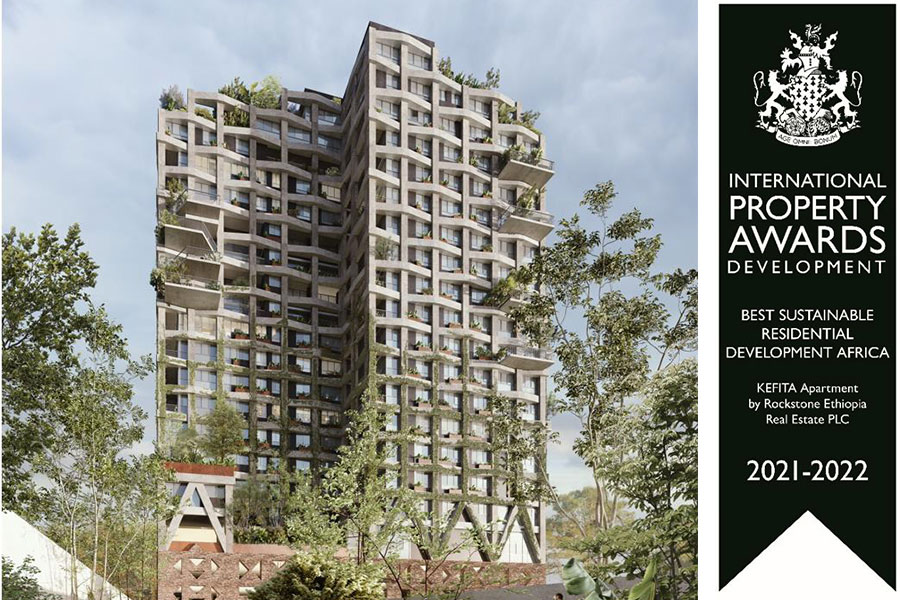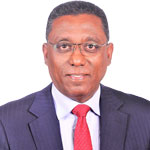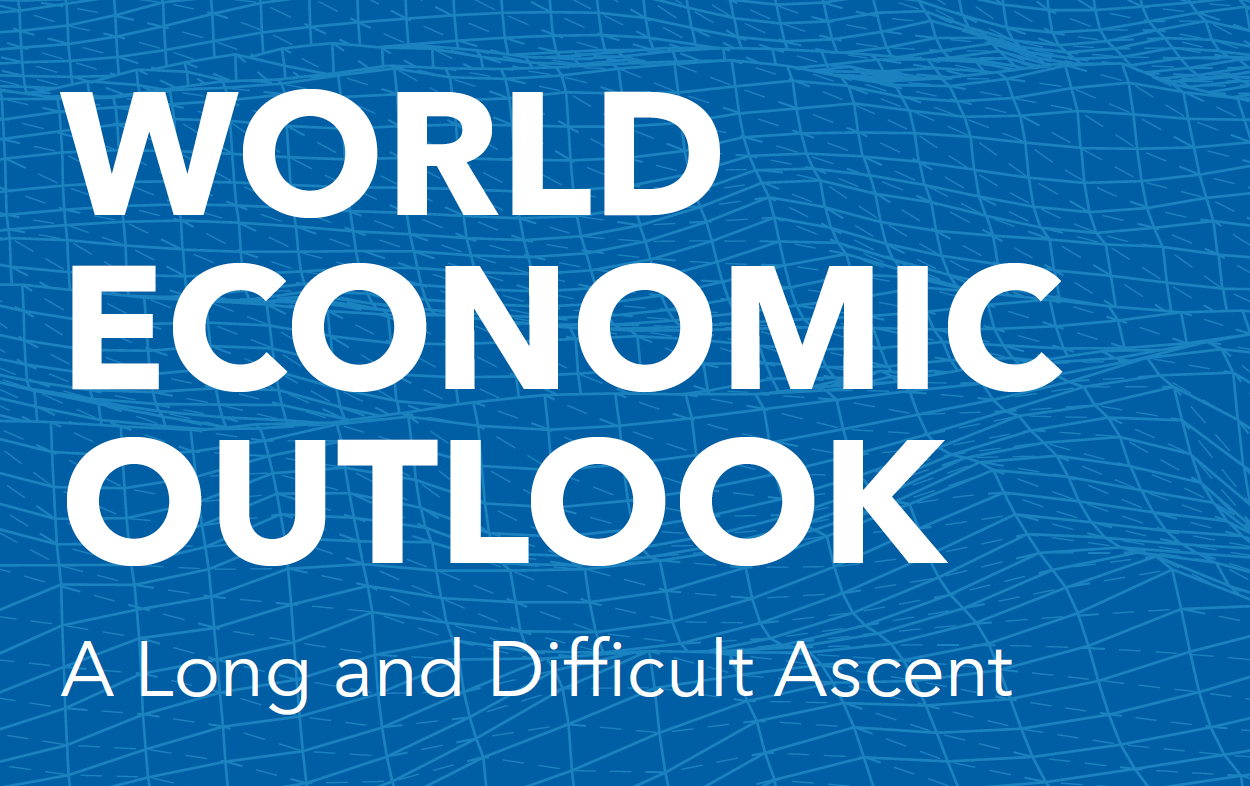
Sponsored Contents | Mar 28,2022
Dec 10 , 2018
By Desta Mebratu (Prof.)
Despite being a continent with abundant energy resources, a great chunk of the African population still lacks access to electricity. This could change by focusing on the use of distributed energy resources, writes Desta Mebratu (Prof.) (desta@africaleapfrog.org), CEO of African Transformative Leapfrogging Advisory Service.
The closing event of the Nelson Mandela International Day for 2018 was marked together with the centenary of the famous South African’s birthday at the Global Citizens Festival held this past weekend. The Nelson Mandela Foundation dedicated this year’s celebration to the fundamentally important issue of the eradication of poverty in Africa.
During this festival, key development partners, including the Gates Foundation and the World Bank, pledged support for Africa with a particular focus on the education and health sector. This will make a major contribution toward building the required social capital for development in the region.
However, if we wish to make any meaningful dent on poverty in the region, such efforts by foundations, governments and international institutions on building social capital need to be coupled with addressing the prevailing energy poverty in the region. More than 600 million people in Africa do not have access to electricity, and approximately 730 million people rely on traditional uses of waste material from plants and animals, according to the International Energy Agency. This is despite Africa being a continent endowed with relatively abundant renewable energy resources that are yet to be developed.
Renewable energy is the oldest form of energy in our planetary system and pre-exists any form of life, including the evolution of homo-sapiens. As such, it was also the source of many sources of energy known to modern society. Until the introduction of coal as a source of energy, the economic and social life of pre-industrial society had been almost wholly dependent on the use of renewable energy sources, including biomass and wind energy.
The global socio-ecological and socio-economic crisis that humanity is currently faced with as a result of climate change and unsustainable consumption and production patterns have once again brought renewable energy resources to the forefront. The transition to a renewable energy system is driven by key techno-economic drivers that lead to an enhanced capacity of competitive renewable energy generation. Significant progress has also been made in recent years in the area of energy storage.
A number of African countries have started investing in developing their renewable energy resources with a primary focus on the provision of light and cooking energy, which is an important first step. This effort should, however, go beyond lighting and cooking and focus more on catalysing broader development at the local level through productive value additions.
Given the dispersed pattern of human settlement in the region, renewable energy can provide multiple benefits if it is developed with the right scale and has strong symbiotic relationships with the local economy. This would require ensuring an optimal mix of grid and off-grid renewable energy development during the planning and development of power infrastructure.
Developing such plans takes into account the specific settlement pattern, resource availability and broad impact at the local level. Beside promoting the fair distribution of energy, such an approach could also result in a cost-efficient utilisation of existing grid-based energy infrastructure through a reduction of transmission loss.
Harmonising the development of distributed energy systems with possible job creation and economic value addition at the local level through integrated planning is key for maximising its distributive impact.
African countries can also make significant progress toward poverty eradication through the development of community-owned renewable energy service cooperatives. Such cooperatives could serve as key vehicles for maximising the productive linkage of distributed renewable energy systems to the local economy and promote distributional justice through an inclusive planning and implementation process. They could also serve as an important platform for empowering women and youth through the creation of jobs and the provision of sustainable livelihoods at the local level, thereby promoting social inclusivity.
Recent progress made in renewable energy technologies and the favourable policy environment at the global and regional level provide unique opportunities for transformational energy transition in Africa. Making the best out of this opportunity though largely depends on having a good understanding of the emerging techno-economic regimes and making informed policy decisions on the optimal mix of scale and renewable energy resources.
Investing in distributed energy systems is key for maximising the return from the investment on human capital and eradicating poverty from the region. It is about time that African governments and development partners consolidate their support to promote distributed energy systems in the region.
PUBLISHED ON
Dec 10,2018 [ VOL
19 , NO
972]


Sponsored Contents | Mar 28,2022

Commentaries | May 25,2024

Viewpoints | Sep 24,2022

Radar | Mar 26,2022

Covid-19 | Oct 13,2020

Viewpoints | Dec 29,2018

Radar | Jul 01,2023

Commentaries | Mar 01,2024

Viewpoints | Jul 07,2024

Commentaries | Aug 10,2024

My Opinion | 131974 Views | Aug 14,2021

My Opinion | 128363 Views | Aug 21,2021

My Opinion | 126301 Views | Sep 10,2021

My Opinion | 123917 Views | Aug 07,2021

Dec 22 , 2024 . By TIZITA SHEWAFERAW
Charged with transforming colossal state-owned enterprises into modern and competitiv...

Aug 18 , 2024 . By AKSAH ITALO
Although predictable Yonas Zerihun's job in the ride-hailing service is not immune to...

Jul 28 , 2024 . By TIZITA SHEWAFERAW
Unhabitual, perhaps too many, Samuel Gebreyohannes, 38, used to occasionally enjoy a couple of beers at breakfast. However, he recently swit...

Jul 13 , 2024 . By AKSAH ITALO
Investors who rely on tractors, trucks, and field vehicles for commuting, transporting commodities, and f...

Jul 5 , 2025
Six years ago, Ethiopia was the darling of international liberal commentators. A year...

Jun 28 , 2025
Meseret Damtie, the assertive auditor general, has never been shy about naming names...

Jun 21 , 2025
A well-worn adage says, “Budget is not destiny, but it is direction.” Examining t...

Jun 14 , 2025
Yet again, the Horn of Africa is bracing for trouble. A region already frayed by wars...

Jul 6 , 2025 . By BEZAWIT HULUAGER
The federal legislature gave Prime Minister Abiy Ahmed (PhD) what he wanted: a 1.9 tr...

Jul 6 , 2025 . By YITBAREK GETACHEW
In a city rising skyward at breakneck speed, a reckoning has arrived. Authorities in...

Jul 6 , 2025 . By NAHOM AYELE
A landmark directive from the Ministry of Finance signals a paradigm shift in the cou...

Jul 6 , 2025 . By NAHOM AYELE
Awash Bank has announced plans to establish a dedicated investment banking subsidiary...